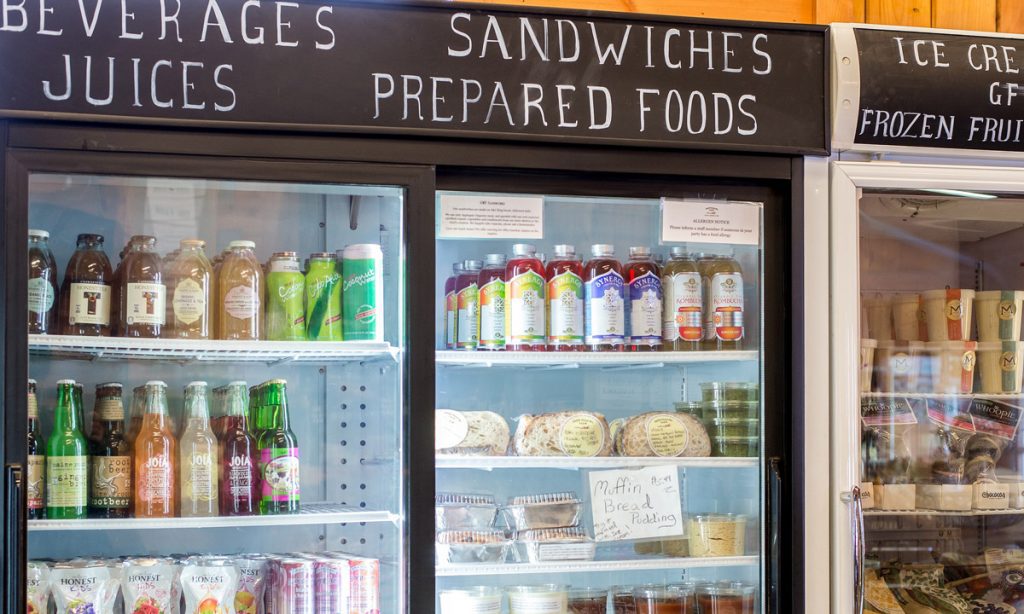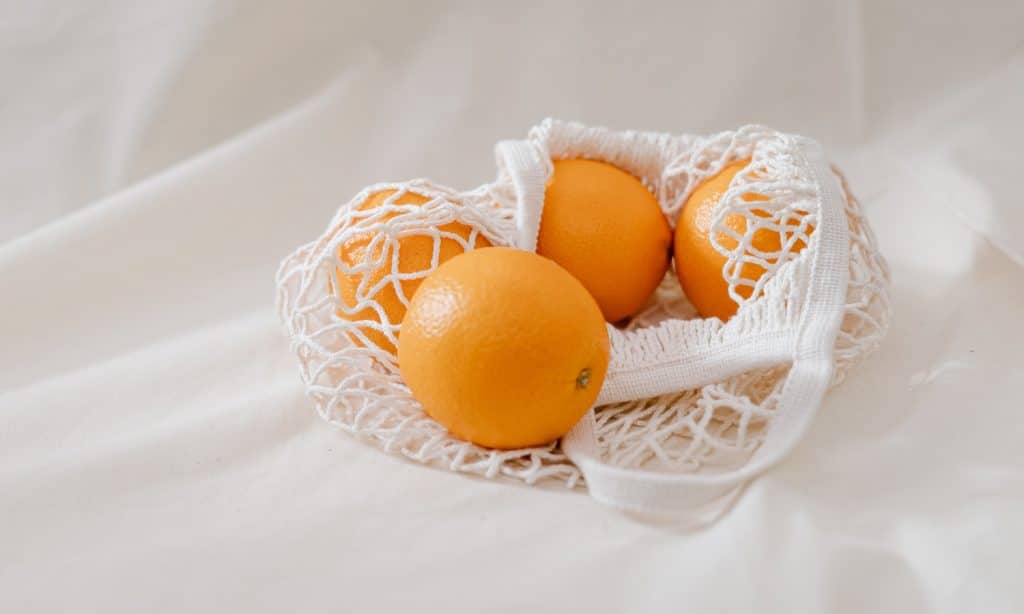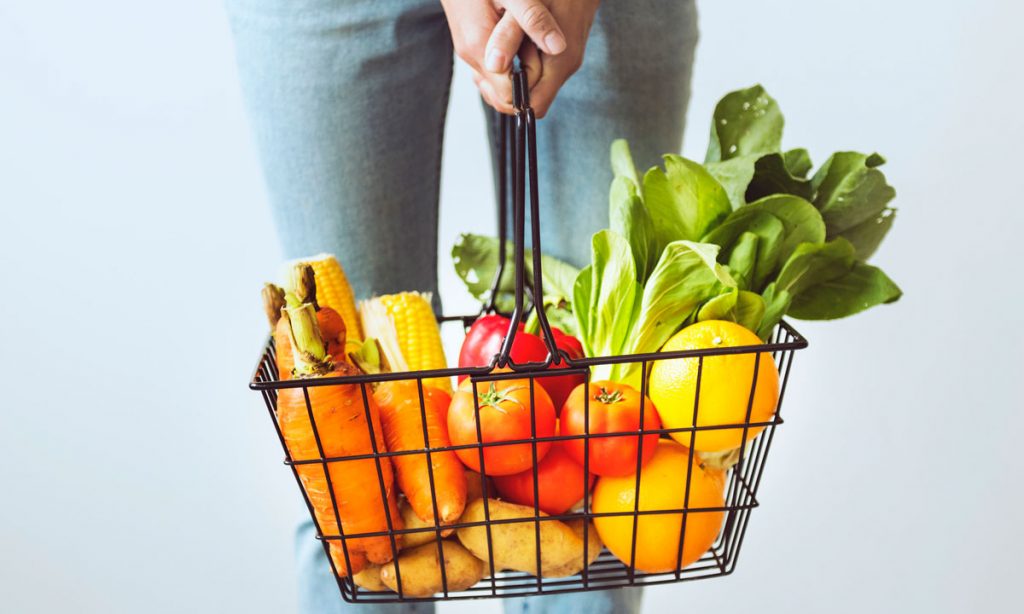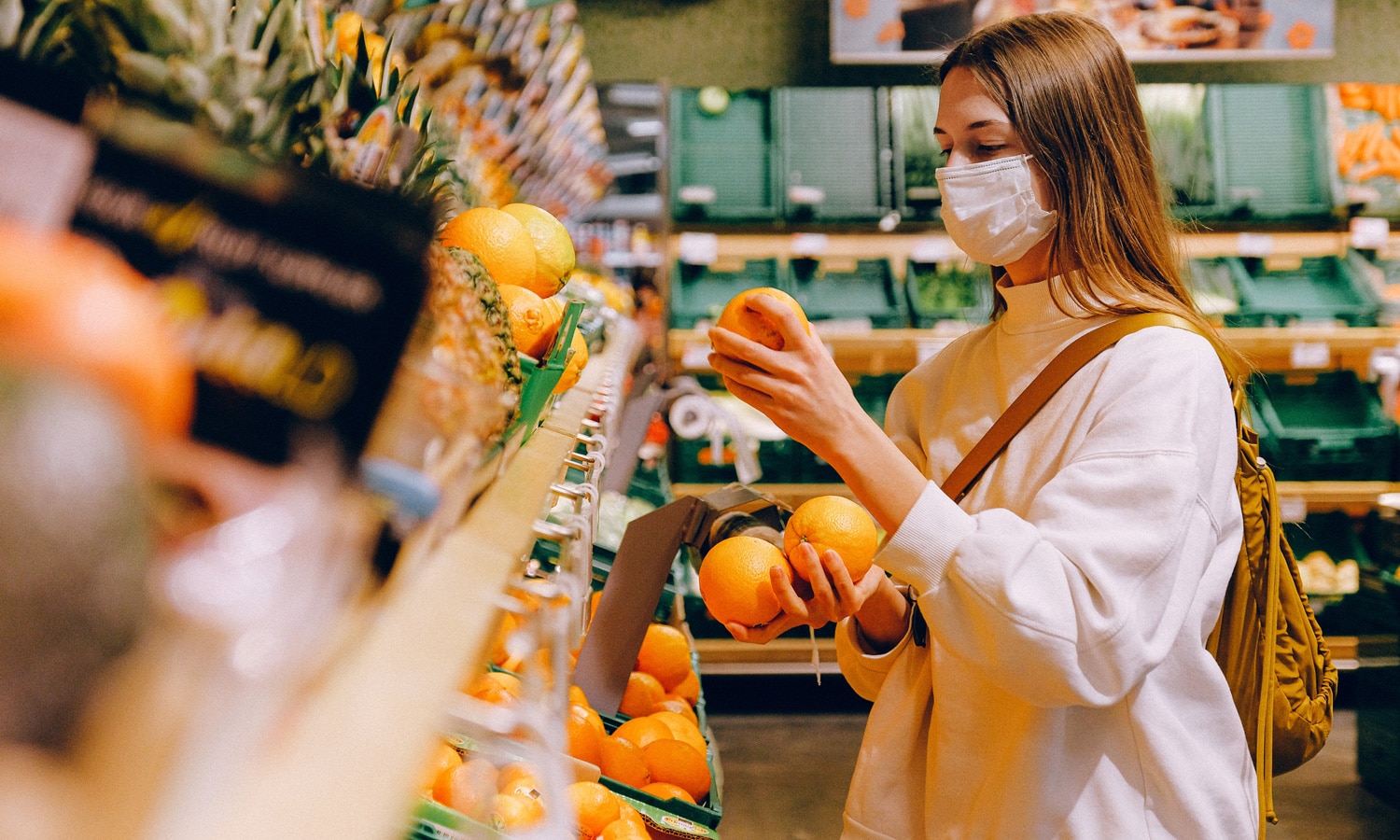The coronavirus has made buying groceries a very stressful activity. Here are some common myths you should be wary of.
Perhaps the most anxiety inducing moment of the COVID-19 pandemic is the moment you enter a grocery store. These spots are fulled with collective stress and confusion, with many not knowing where to stand, what’s safe to take and how to minimize risks for yourself and others.
Turning to your family members or social media for help is a double edged sword. While they make sensible suggestions, some of them are so specific and thorough you might end up harming the food you purchased.
Here are the most pervasive grocery shopping myths you should be wary of during the coronavirus pandemic:
The virus can live on cardboard and plastic for days

RELATED: Too Stressed Out To Function? Here’s How CBD Can Help
While it is true that traces of the virus can live up to hours in cardboard and up to three days in plastic and metal containers, this doesn’t mean you’ll be able to catch the disease when interacting with them. “The virus may last that long on surfaces, but there is only a very small percentage of viral particles left (less than 0.1%) after a few days, so it’s highly unlikely to cause infection,” Dr. Chrisan Cronin told Men’s Health.
People should leave their groceries in the car to prevent the spread of virus

The probability of catching the coronavirus from your groceries is minimal, so keeping these in the car will serve no purpose except perhaps ruining them during a time where food is more valuable than ever. What you should be mindful of is other people while grocery shopping, wearing the necessary protection, using hand sanitizer often and keeping a 6 feet distance from others.
Groceries should be washed/wiped before putting them away

RELATED: 5 Creative Quarantine Date Ideas
Again, the CDC says that it’s very unlikely to catch something from your groceries. Washing produce with soap could also cause gastrointestinal issues which, aside from being very uncomfortable, could also cause more stress since they might make you think you have COVID-19. To clean your produce use water and remember to wash your hands before and after interacting with anything.


